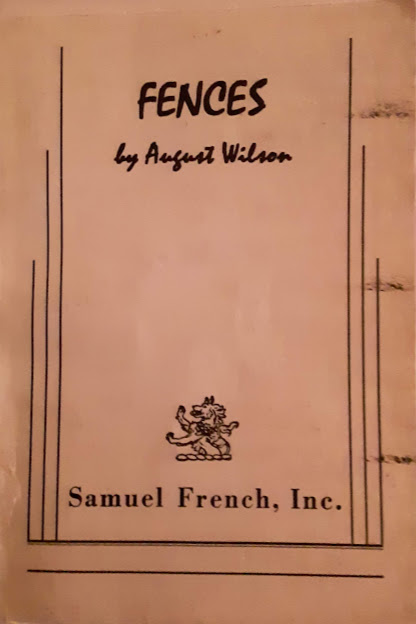
At the end of the war, prisoners returned home and took baseball with them to their home towns. Baseball itself was “born” in Confederate prison camps in the south during the Civil War as a past-time for prisoners. It lasted competitively until 1951 when major league baseball integrated. The National Colored Baseball League was established in 1887, failed, and was re-established in 1920. The first professional black team, the Cuban Giants, formed in New York in 1885. Through the story and background of Troy Maxxom, Wilson introduces his audiences to the wonders and the greatness of the Negro Baseball League, and such legendary players as Satchel Paige, Josh Gibson, and Jackie Robinson, the first black player to break into the Majors.

So Troy as a name is already legendary, as was the soft-spoken pianist in Ma Rainey’s Black Bottom, Toledo, also named for a legendary European city. Troy was eventually conquered by a Greek army led by King Agamemnon. The city was, in legend, besieged for 10 years. Helen of Troy, a Spartan queen, was abducted by Paris, the son of Troy’s King Priam, which started the Trojan Wars. The name refers both to a place in legend and a real-life archaeological site. Let’s begin with the name of the tragic hero, Troy. An English professor I met in Ghana once told me that the African family, and by extension, the African village are Africa’s contribution and gift to all of humanity.

Fences is August Wilson’s “family play.” It and all the rest of the plays in the cycle depict the black family, Wilson’s chosen identity, although he had a white immigrant German father. Perhaps that is why leading the study group every Spring has become such a ritual for me. Fences always floods me with thoughts, as do all the plays in the cycle.


 0 kommentar(er)
0 kommentar(er)
